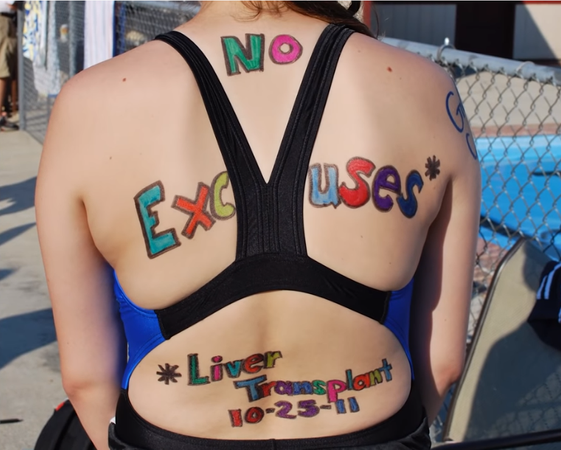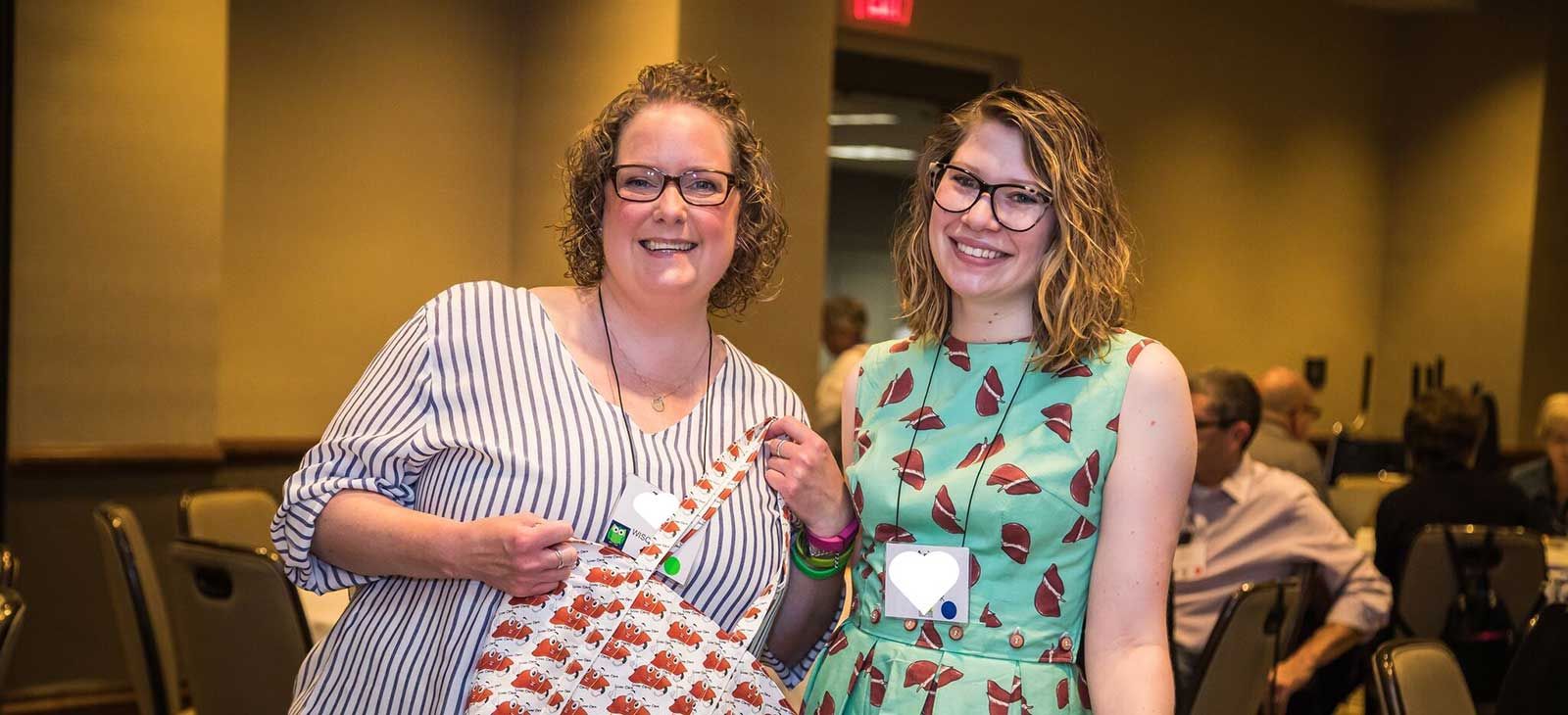The Transplant Journey

Transplant Overview: Liver transplantation is often recommended if PSC has progressed to end stage liver disease (ESLD), meaning the liver is approaching failure. In some cases, other health issues suggest the need for a transplant, such as frequent cholangitis attacks and sepsis risk. For many PSCers, transplant offers a new lease on life, and, for the majority of recipients, their PSC does not reoccur after transplant surgery. Recurrent PSC occurs in about 25-30% of liver transplant recipients.
In 2019, the United Network for Organ Sharing (UNOS) reported that 8,896 people received liver transplants for a variety of liver diseases. The national liver waiting list is around 12,500 people waiting for a liver. For current information, please see the UNOS site. Additional transplant data, including the number of transplants performed, information about the transplant waiting list, etc., can be found on the Organ Procurement and Transplantation Network page.
PSC Partners Seeking a Cure supports organ donation and actively works to increase the number of people who make these gifts each year.
If your specialist recommends you for a transplant, you will enter another level of medical tests, terminology, and possibly more anxiety. It can be confusing, but many PSCers have had successful transplants and are supportive of those in the transplant process.
The PSC Partners Annual Conference includes medical presentations on transplant topics as well as a post-transplant panel discussion with post-transplant panelists. For those who have had a transplant, the Annual Conference also offers a “Post-Transplant Track” and post-transplant peer group sessions. Support on social media is also available before, during, and after the transplant process.
The Donor: Transplantation is a modern medical wonder in which a donor and their family seek to give life through the altruistic donation of one or several organs to a stranger. Live donor transplants also are possible in many locations whether from a friend, family member, or a stranger. The donor and/or donor’s family do not receive compensation for this gift. The generosity of donors and their families, and the impact they can have on very sick patients, is often stunningly emotional and humbling to liver recipients.
Decision to Transplant: The decision to have a liver transplant is a serious one. With end stage liver disease, the patient is not likely to improve, because, at this time, there are no medications to stop the progression of PSC. A transplant trades a serious chronic illness that can be fatal for another chronic condition that can be managed. Survival rates for liver transplant are generally high. Nevertheless, transplantation is a major surgery with risks, and, typically, has a several-month recovery. You should discuss your situation with your family, friends, and other important people who you might want to be involved in your transplant journey. Check out the Transplant Questions page. These are things you should think about and discuss with your physicians and transplant team, family, and loved ones. Remember to write down other questions you want to ask your transplant team.

Quality of Life: After a liver transplant, quality of life resumes to nearly normal for most people. Many patients say they feel better just hours after waking up from surgery. Recovery can take months, but most patients say the surgery was worth it.
Olympian Chris Klug, a past PSC Partners board member, won Olympic medals for snowboarding just 18 months after his transplant. A number of PSCers have attended annual Transplant Games competitions. One PSCer viewed his athletic effort as a victory over illness. Most PSC liver recipients go back to their lives, grateful they’re able to enjoy a second chance at living.
Some transplant recipients may have other health issues to deal with as a result of the transplant. Talk to your doctor about what life could be like after this surgery, considering your related health conditions. In a percentage of cases, PSC returns after a liver transplant. Recurrent PSC may occur in about 25-30% of transplant patients. You may want to ask your doctors about this possibility.
Donation Trends: Although the prospect of transplant surgery is understandably difficult and may be frightening to contemplate, UNOS, the national organization that regulates transplant activities, reports that recent trends are positive. The MELD system, described in the next section, has reduced waiting time to transplant in most parts of the country. The number of livers donated nationwide is increasing, resulting in more transplants, while the likelihood of dying while on the waiting list has decreased. Finally, the survival rates for those receiving livers from either deceased or living donors are similarly high.
Complete your profile and join PSC Partners Seeking a Cure in advancing PSC research towards a cure. Find information about clinical trials.





